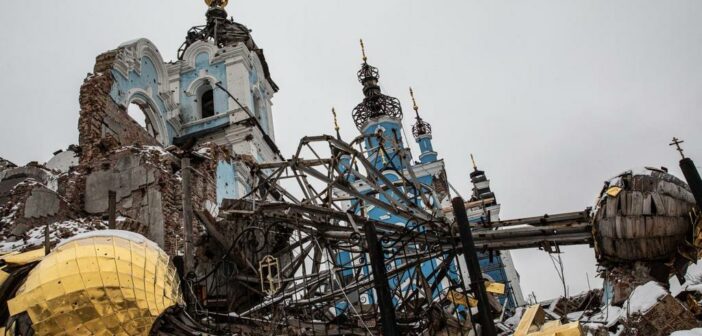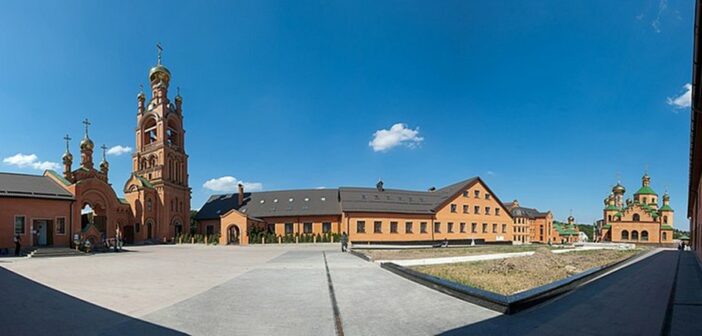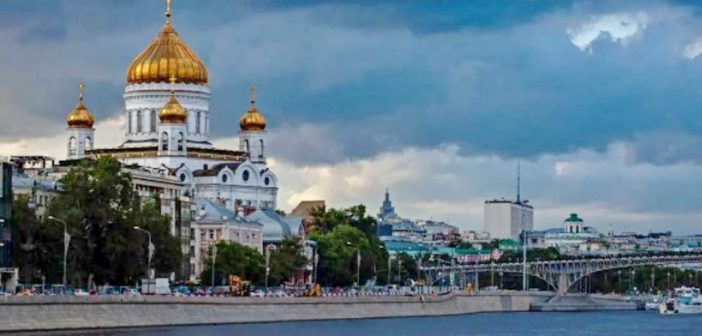Source: UOJ The Ukrainian Orthodox Church remains the most affected religious denomination in Ukraine due to the military actions. The Institute for Religious Freedom has updated data on partially damaged or completely destroyed religious buildings as a result of the Russian-Ukrainian war. According to the IRS, at least 246 Orthodox churches have been affected, with the majority belonging to the Ukrainian Orthodox Church, viz. 187. Overall, according to the organization’s data, the number of religious buildings affected or destroyed as a result of military actions amounts to 630 objects to date. “The largest number of churches, prayer houses, synagogues, and mosques have been…
Browsing: Ukrainian Orthodox Church (UOC)
Source: Peter Anderson, Seattle USA The Kyiv Theological Academy and Seminary (“KTA”) of the Ukrainian Orthodox Church (UOC) is moving from the Kyiv Lower Lavra to the Pokrovsky Holosiiv Monastery, which is located 7 km. southwest of the Lavra. (Holosiiv is the district of Kyiv where the Monastery is located.) The Monastery is also approximately 2-1/2 km. from Feofania where Metropolitan Onufry resides. The Monastery was fairly recently restored. The website of the Monastery can be viewed at http://goloseevo.com.ua/?lang=uk. As can be seen from the photos on the website, the Monastery is a large and attractive complex. A photo of the Monastery is also…
Source: Providence Magazine Originally published on February 17, 2022 By Evagelos Sotiropoulos Appeasement,” Winston Churchill once said, “is feeding the crocodile, hoping he will eat you last.” It is this approach—one of appeasement and concession—that Orthodox primates have applied to the ecclesiastical ambitions of the Moscow Patriarchate. While the 2019 granting of autocephaly, or self-governing status, to the Orthodox Church in Ukraine (OCU) by the Holy and Sacred Synod of the Ecumenical Patriarchate made intra-Orthodox tensions more public, the root cause of today’s growing disunity is decades in the making. Moscow’s obsessive ethnophyletism and promotion of its Russkiy Mir agenda were quietly acknowledged…



